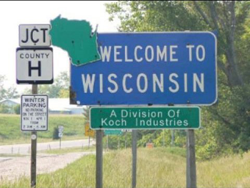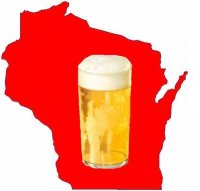
State Rep. Jim Ott and Sen. Alberta Darling will attempt to toughen Wisconsin’s notoriously lax OWI laws this session. Wisconsin has an ingrained drinking culture. A Centers for Disease Control (CDC) study found that 25.6% of Wisconsin residents were binge drinkers. Eau Claire, WI police officer Andrew Wise said, “Wisconsin is known for our breweries, our taverns, and our bars per capita is something pretty high compared to the rest of the nation.”
Under Wisconsin law, a first-time OWI charge is a civil violation rather than a criminal charge. Last session, measures to criminalize 1st OWI offenses and felonize 3rd offenses didn’t succeed because of noncommittal lawmakers and concerns about the costs of the new laws. Rep. Jim Ott said that last session’s costs estimates for their proposals were unrealistic. For instance, the Department of Corrections estimated that it would need to build six new alcohol treatment centers, at a cost of $71.5 million to run.
Rep. Ott and Sen. Darling want to make first-time offenders with a high BAC of .15% or more to be considered guilty of a crime. They want to require first-time offenders to appear in court even if they are only being charged with a civil violation. They want to make a third offense a felony, and to allow judges to seize the vehicles of third-time offenders. They want mandatory minimum sentences for drunk drivers who are involved in crashes resulting in injuries or death.
Gov. Scott Walker is open to toughening Wisconsin’s drunk driving laws but did not comment on the new proposals.
